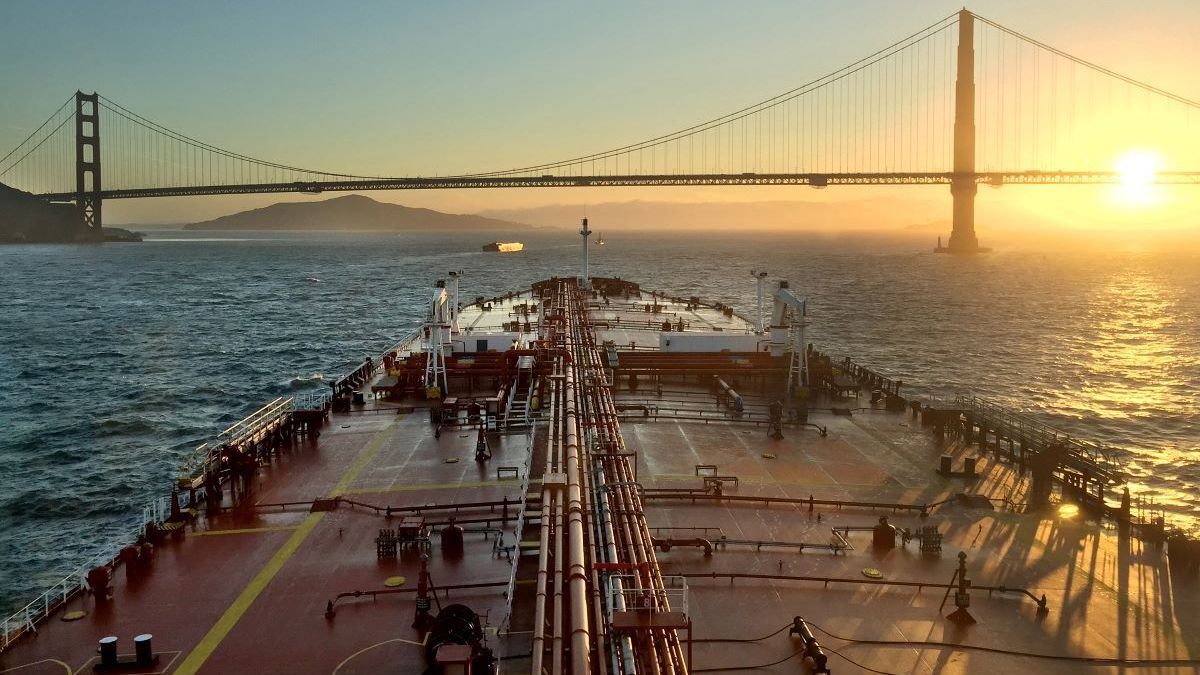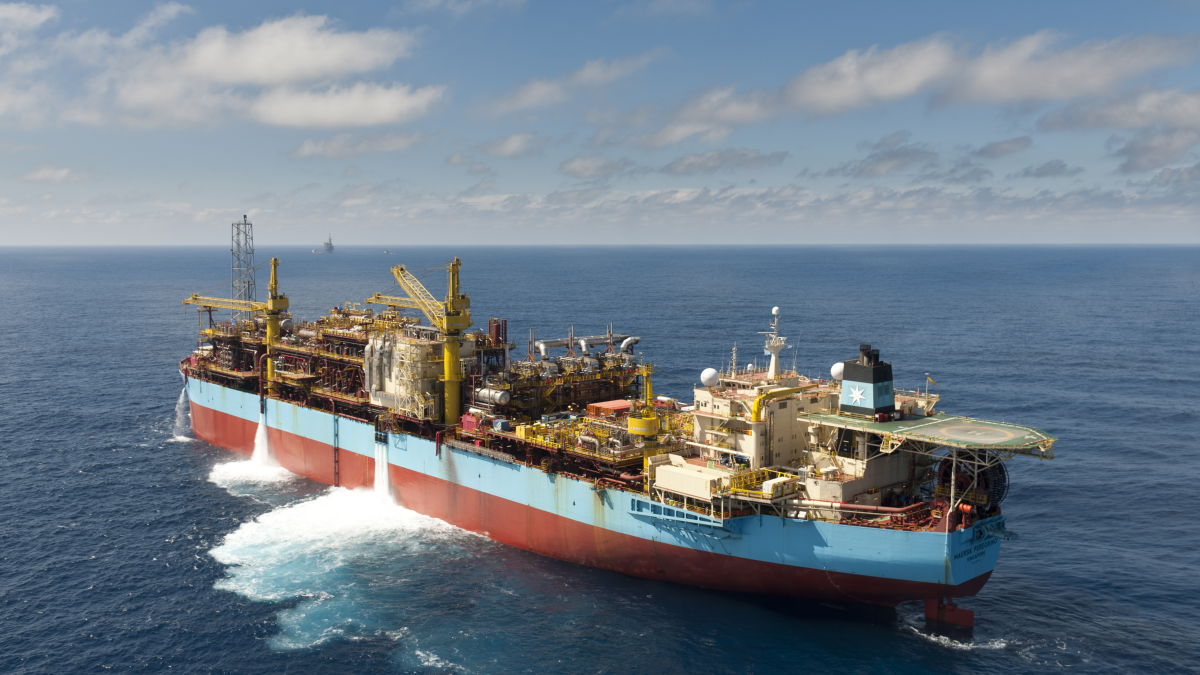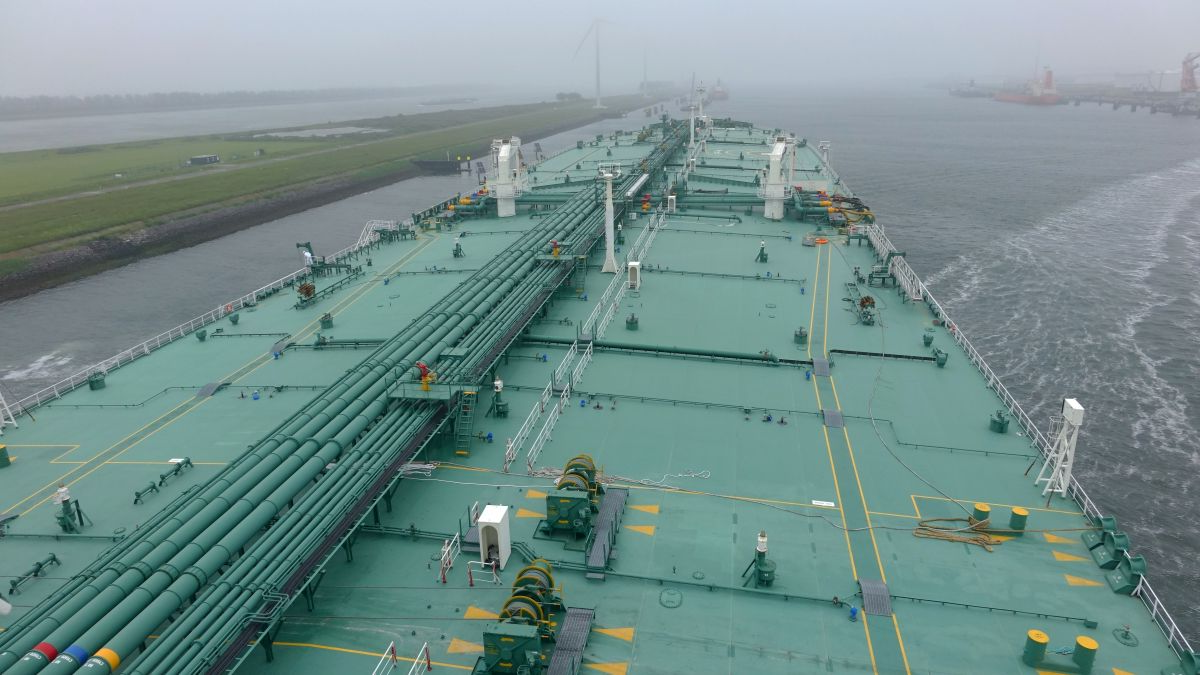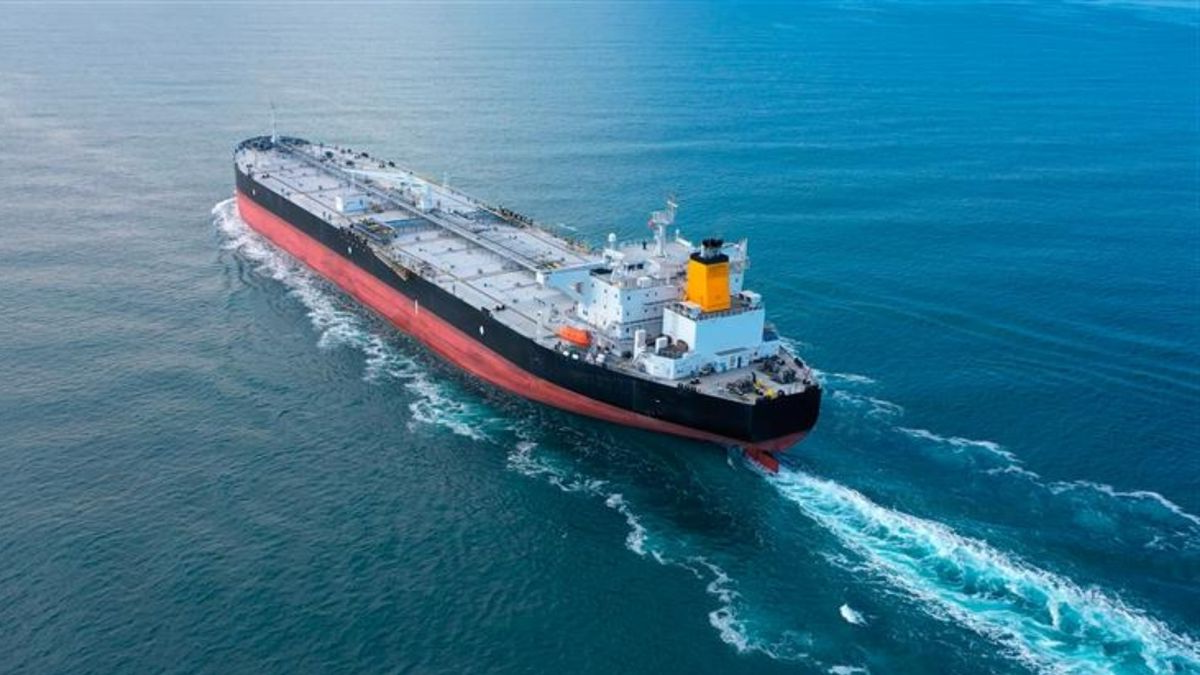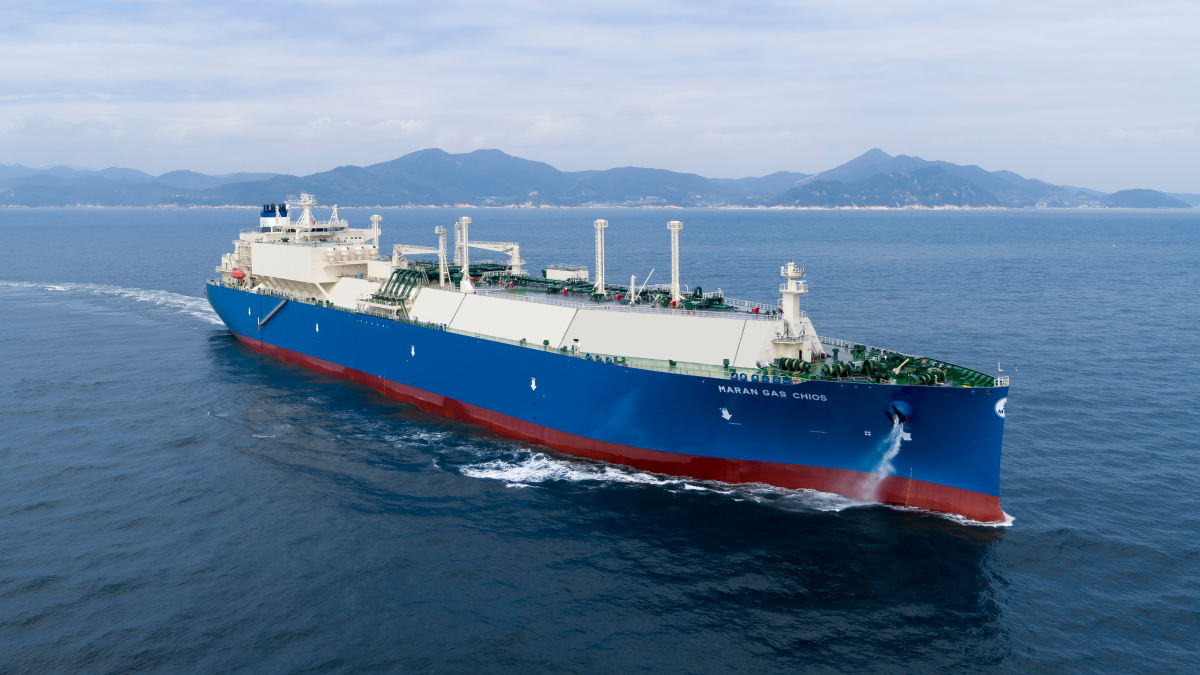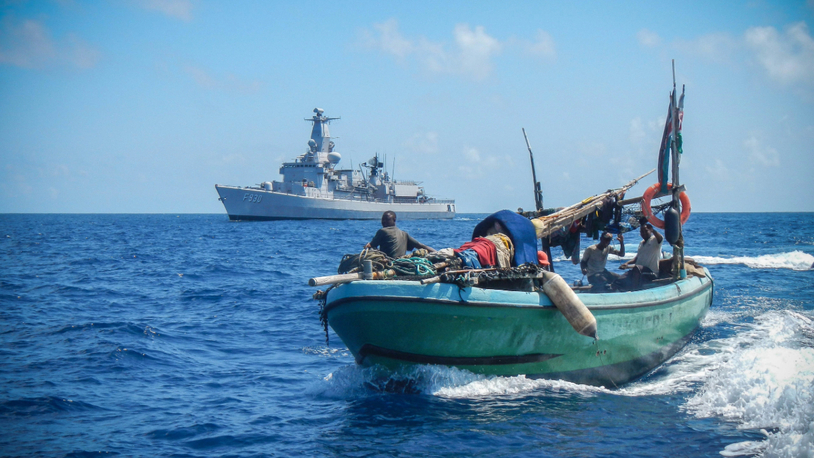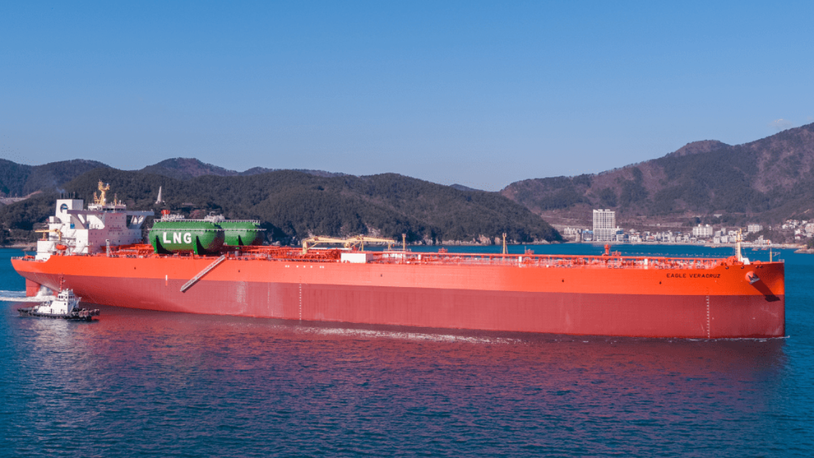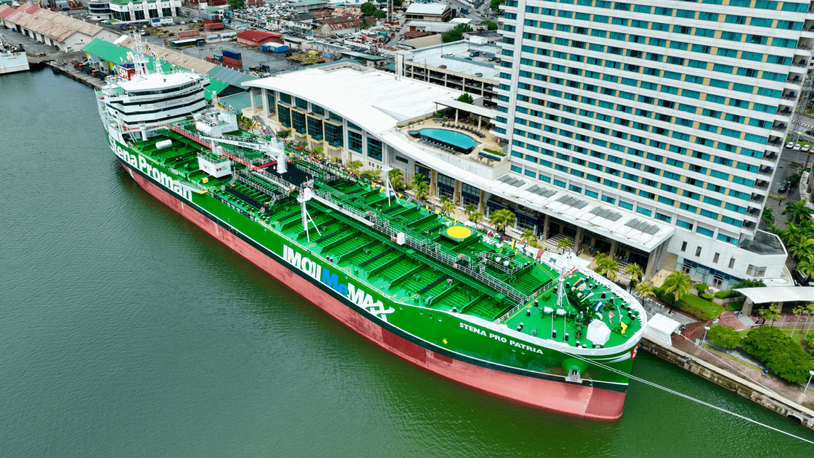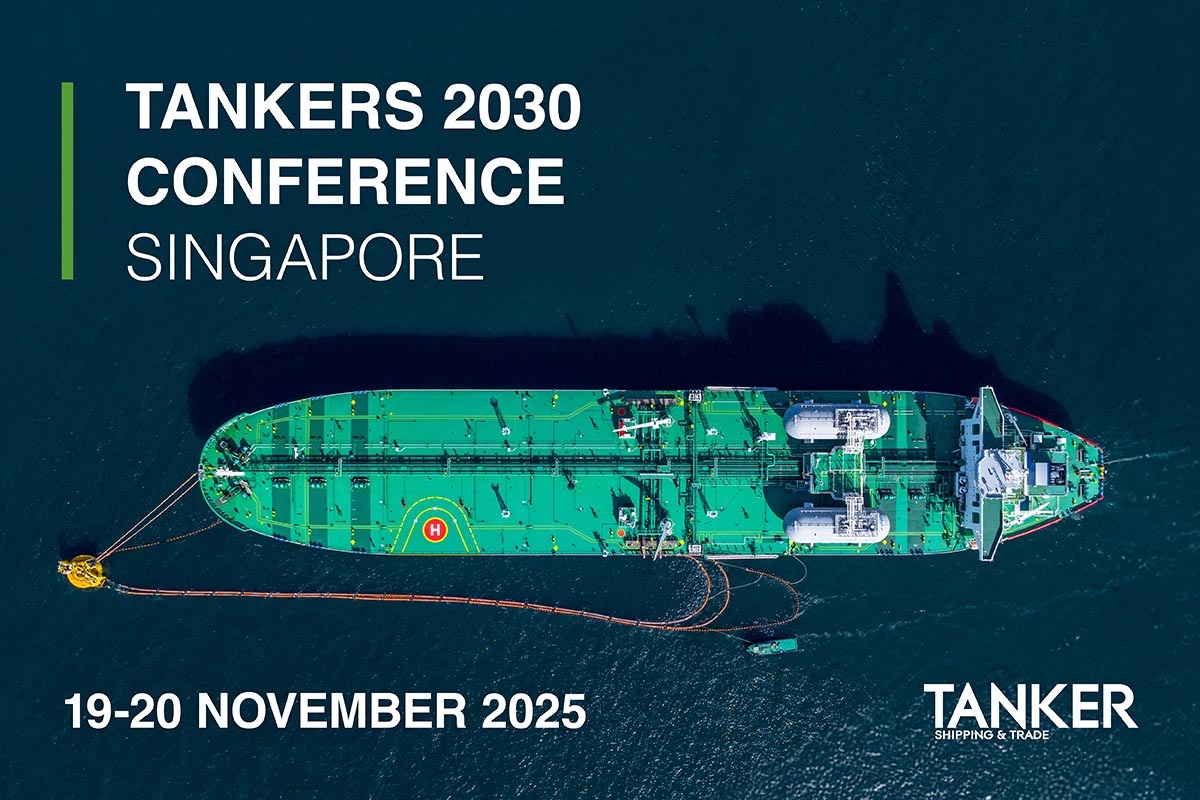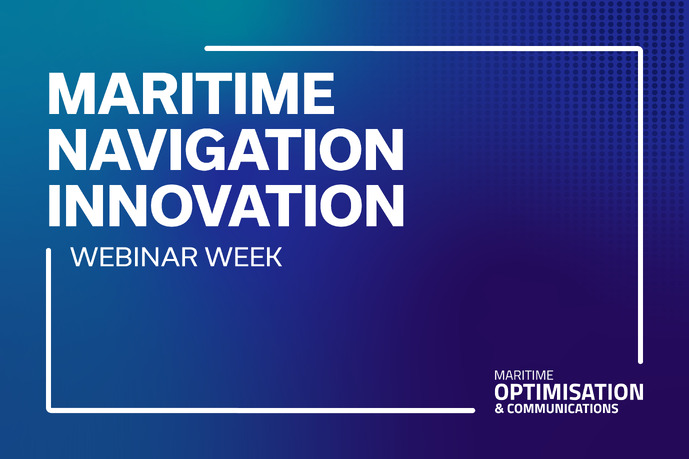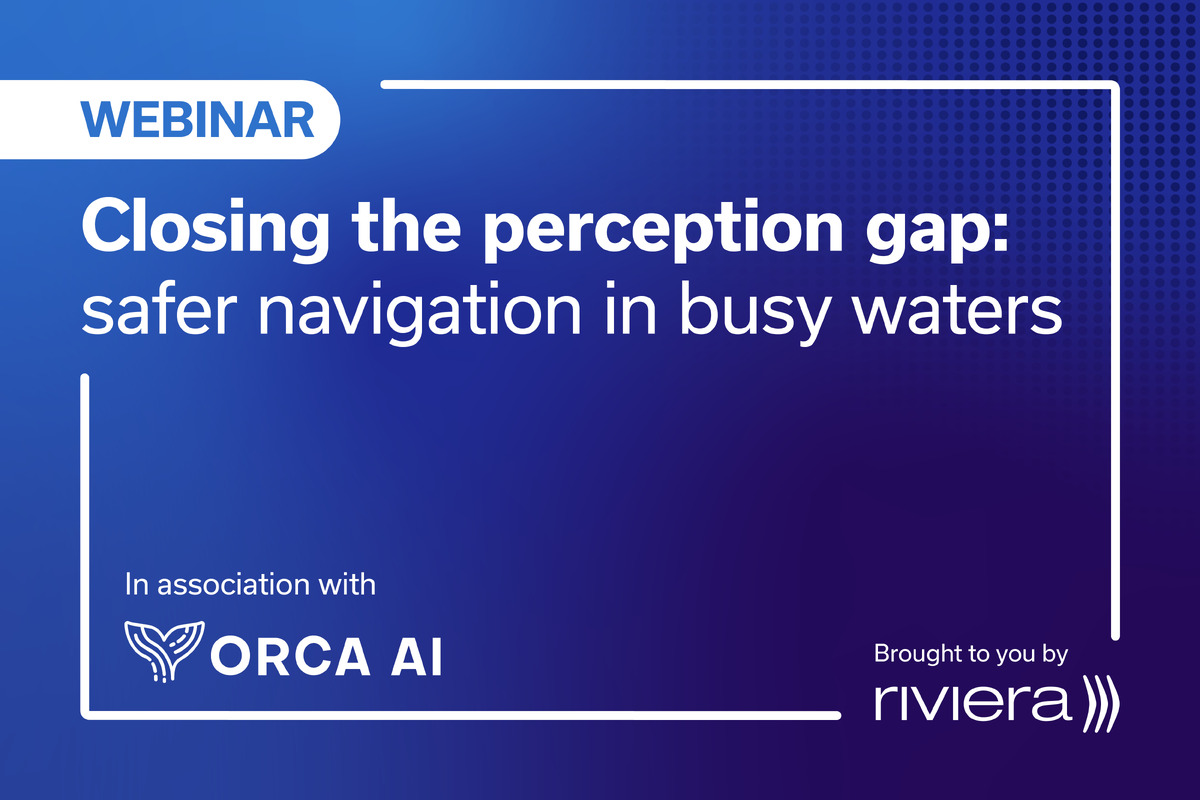Business Sectors
Contents
Register to read more articles.
Hyundai developing 30-MW ammonia and fuel cell electric propulsion system
South Korean shipbuilder HD Korea Shipbuilding & Offshore Engineering (KSOE) and its parent, HD Hyundai Heavy Industries announced a breakthrough in developing electric propulsion systems for use in supertankers
Hyundai received the ‘High Voltage Direct Current Power System and Large Capacity Fuel’ notations from Lloyd’s Register (LR) at the recently held Kormarine event in Busan on 27 October. The shipbuilder also obtained basic design certification for a carbon-electric propulsion system for very large crude oil carriers (VLCCs) based on batteries (SOFC).
The design is part of a low-carbon emissions approach Hyundai is pursuing for next-generation tankers. The shipyard said it continues to co-operate with LR to develop this project, which includes verifying the system’s effective efficiency and propulsion drive.
The application is centred on a 30-MW electric propulsion system and is designed for 300,000-dwt crude carriers. Hyundai reports it completed the conception design in February 2023 and has now advanced with its development.
Initial certification was received from Lloyd’s Register in February and approval in principle has now been awarded by LR.
The system is designed to leverage medium voltage direct current and SOFC technologies to develop the power to drive the 30-MW propulsion system. Hyundai claims the design matches the propulsion efficiency of larger conventional engines while achieving net-zero carbon emissions.
In the recent phase of the project, which is being conducted inhouse, Hyundai claims compared with existing options, the system’s energy efficiency has improved by 20%, and power quality has been higher by about 40%. The company also reports the overall weight of the system was reduced by approximately 20%.
The next phase of development calls for land-based demonstrations to take place by 2027 and the partners expect to have a full-scale version of the propulsion system ready for commercialisation by 2028.
The head of HD Korea Shipbuilding & Marine Engineering Future Technology Research Institute, Kim Seong-jun said, “We have taken a step forward in electrifying large ships through developing cutting-edge technologies related to electric ship propulsion such as ammonia dual fuel large-capacity fuel cells.”
He added the propulsion system will combine advancements in hull design and includes specialised propellers optimised for the electric propulsion system.
Sign up for Riviera’s series of technical and operational webinars and conferences in 2023:
- Register to attend by visiting our events page.
- Watch recordings from all of our webinars in the webinar library.
Related to this Story
Events
International Bulk Shipping Conference 2025
Tankers 2030 Conference
Maritime Navigation Innovation Webinar Week
© 2024 Riviera Maritime Media Ltd.


